
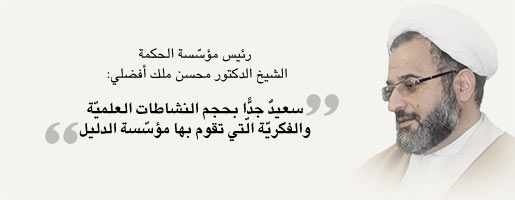
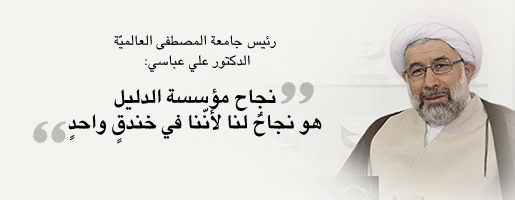
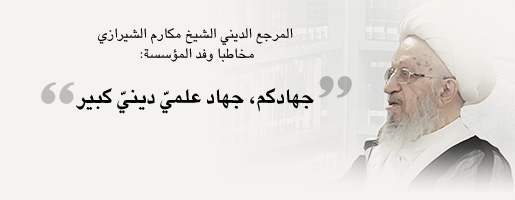
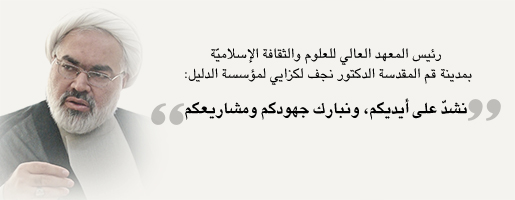
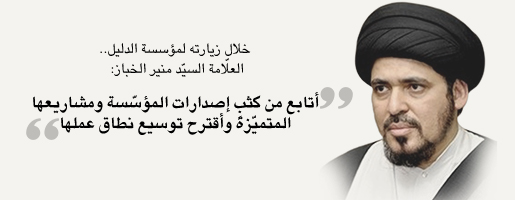
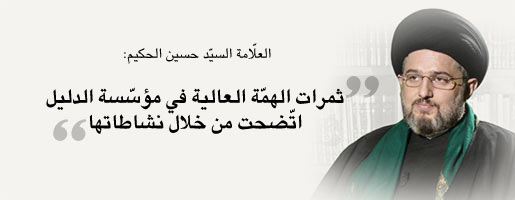
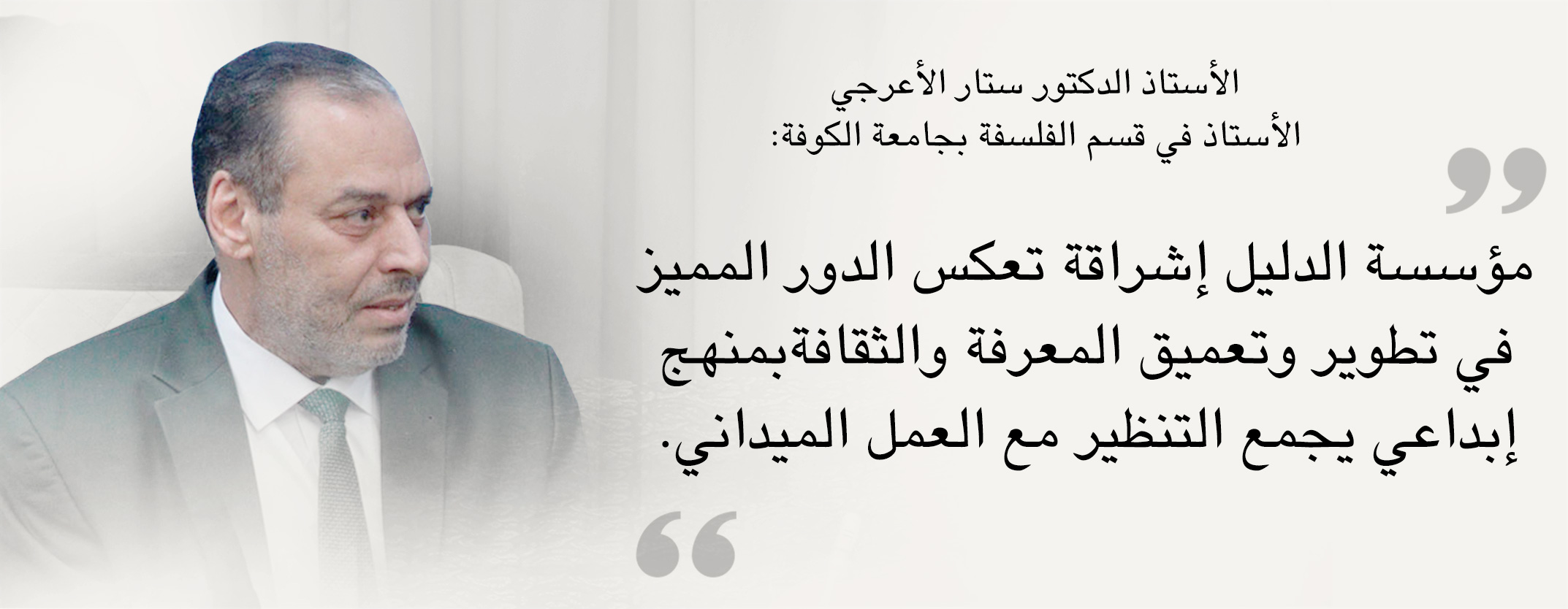
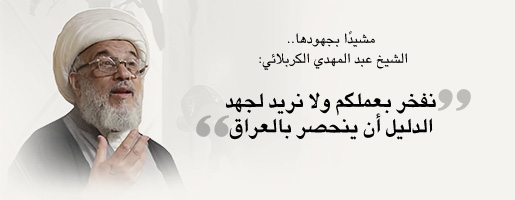



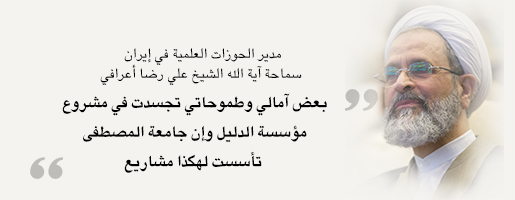

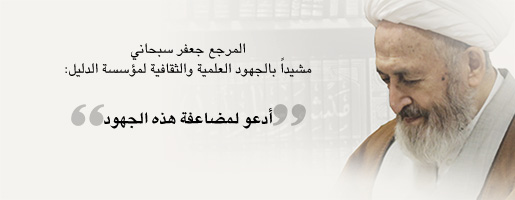

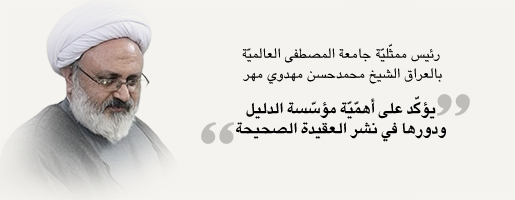
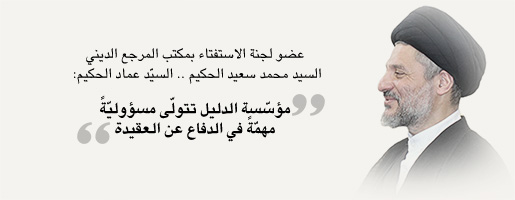
Muhammad Ali Ardakan
Summary
The essay gives answers to such questions as: Do we still need for creed in this age-the age of modern technology and mind-boggling development of human sciences?
Can technology and modern developments be sufficient for man to create happiness and rest for himself; and thus, put aside such things like creed, religion, and religious sect?
Is it principally possible to reduce creed to nothing in life?
The writer of the essay thus uses the descriptive-analytical approach while answering these questions and their likes. Hence, he proves that creed is seen to play a pivotal, vital, and basic role in recognizing man’s true identity and life. Moreover, man’s need for creed increases with the increase of his keeping up with the scientific development; and this matter includes all individuals of the human race without any exception. It is thus never inaccurate to say that the attainment of true and eternal felicity is possible only through nourishing oneself with sound creed and working according to it. Furthermore, life in the technological age and benefitting for technology cannot be imagined without practical commitment to life’s intellectual and creedal backgrounds. In view of these facts, the idea of the pivotality and significance of creed is formed for the purpose of getting reasonable and meticulous benefit from the products of human sciences.
It goes without saying that man is always in search for the truth and is naively running behind happiness; so, the present age of technology, along with all its useful features and qualities and apart from deciding whether or not it succeeded to solve all life problems, cannot alone take man to eternal happiness.
In accordance with the primary rule of preferring the mental interests over the transitory material ones and the other primary rule that entails that to win the true and eternal happiness is conditional upon adopting a true creed and acting upon it, the significance, necessity, and centrality of creed in all ages are manifestly proven, especially in the current age of technology. On account of the damages occasionally arising from modern technology when used in the wrong way or for wrong purposes or based on corrupt philosophical grounds, and the necessity of giving adequate answers to people’s structural questions, there is no doubt that creed plays a pivotal role in the lives of modern humans.
